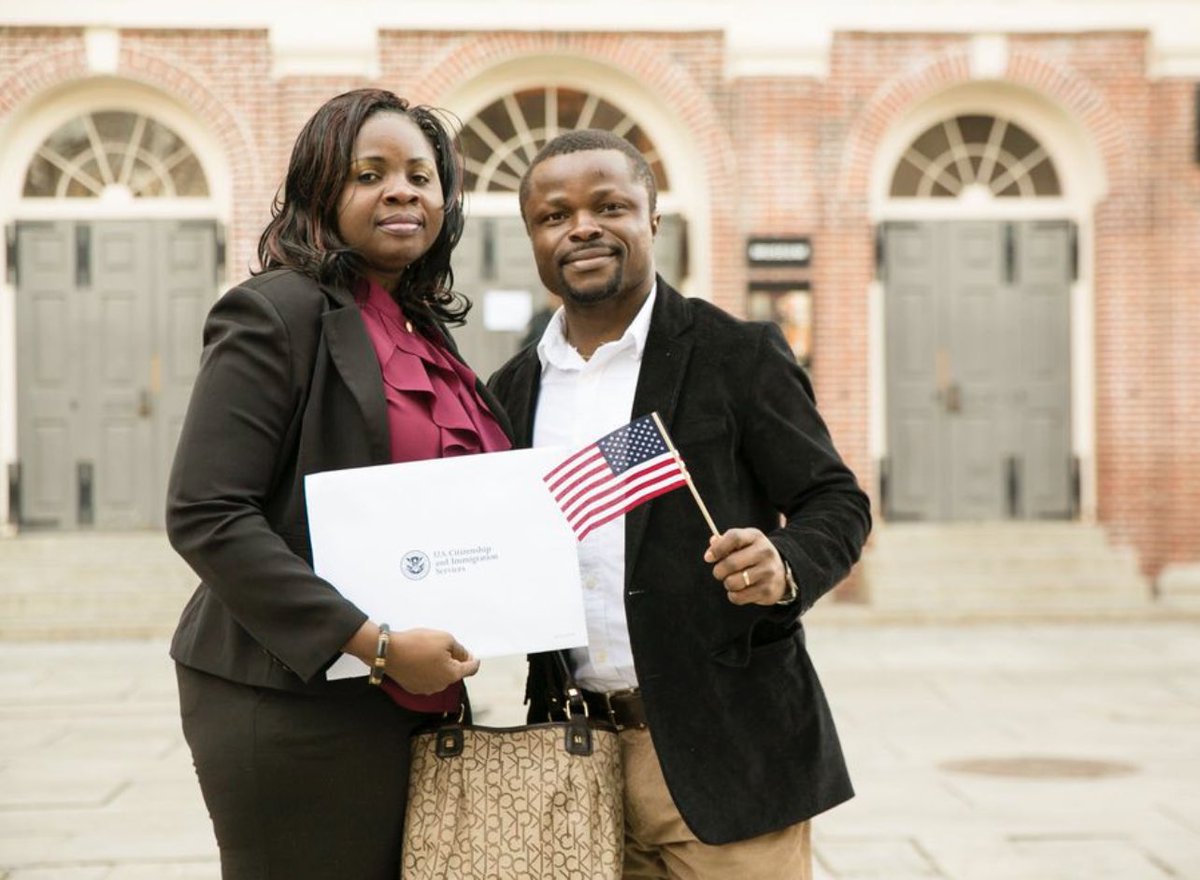
We are by no means permanently back. The next few weeks are crucial to our survival.
We won't continue to work for free. So if people do want us to stay around they need to keep an eye on our Twitter & instagram, buy our books and donate if you can! mediadiversified.gumroad.com
We won't continue to work for free. So if people do want us to stay around they need to keep an eye on our Twitter & instagram, buy our books and donate if you can! mediadiversified.gumroad.com
https://twitter.com/shanticate/status/1490772335359578113

CONTEXT:
The value of diversity: Could you do your job without getting paid? mediadiversified.org/2016/04/21/the…
The value of diversity: Could you do your job without getting paid? mediadiversified.org/2016/04/21/the…
It’s great you’re concerned about making your organisation’s work more accessible to communities of colour, or that you want to commission or hire people from more varied backgrounds.
We’re bursting at the seams with evidence to show how publishing and media industries need to take action on this.
Perhaps “diversity” is your pet project. You’ve spent years trying to get it on the agenda.
Perhaps “diversity” is your pet project. You’ve spent years trying to get it on the agenda.
Or maybe it’s one of your job targets – will you miss out on a promotion if you don’t commission two people of colour a month? Or have you just noticed the active, engaged community we have at Media Diversified that could be mined for some fresh new ideas?
Now before you do anything else, send that email to trash my friend. I have a question for you.
Could you do your job for free?
Could you do your job for free?
Yeah, neither can we.
Of course we’re passionate, and we care, but a day of small favours is another day we don’t get paid for our labour.
But it’s not just about one-offs and individuals. Let’s just step up a level here.
Of course we’re passionate, and we care, but a day of small favours is another day we don’t get paid for our labour.
But it’s not just about one-offs and individuals. Let’s just step up a level here.
Do you think it’s in keeping with the values of diversity that you’re championing internally if you’re actually just farming the work of it out to an organisation run by people of colour without feeling any need to compensate them for their work?
I hope the answer is “oh shit”.
I hope the answer is “oh shit”.
So what can you do?
First, stop continuing to commission white, often male, writers to address issues that directly affect people of colour while excluding writers of colour from the conversation.
First, stop continuing to commission white, often male, writers to address issues that directly affect people of colour while excluding writers of colour from the conversation.
When writers, experts and other voices of colour are included, these all too frequently come in the form of requests for uncompensated labour: asking for extensive input and critique — essentially, consulting services — with no financial or other compensation.
In many cases even “exposure” is denied, as no guarantee is given that providers of input and labour will be credited or mentioned by name
This phenomenon extends to media professionals of colour at all levels of the industry. Earlier this month, Buzzfeed executive editor Saeed Jones tweeted:
https://twitter.com/theferocity/status/717002429527621634?t=psBZ0zJS38lDk3Cy_MAZKg&s=01
If an executive editor for one of global media’s best-known platforms is being asked to act as an unpaid consultant for “gatekeepers” — that is, influential industry professionals, who as wielders of such influence presumably have recourse to the funds needed
(and much more besides) to adequately compensate the consultants, editors, fact-checkers, and similar contractors and employees they already hire — it suggests that writers and other expert voices of colour are being treated as free labour.
Such a course of action is, at the very least, extremely poor practice. We regularly communicate with each other regarding our experiences, whether to share stories of positive work experiences or to help colleagues avoid negative ones.
When a platform seeks to use writers of colour for uncompensated, unacknowledged labour, this information will be shared among those writers’ contacts, who will then share it with their networks, and so on
(particularly easy with the instantaneous communication tools of the digital age). Within a matter of hours, a platform can gain a worldwide reputation for not valuing the work of writers of colour.
...
• • •
Missing some Tweet in this thread? You can try to
force a refresh








